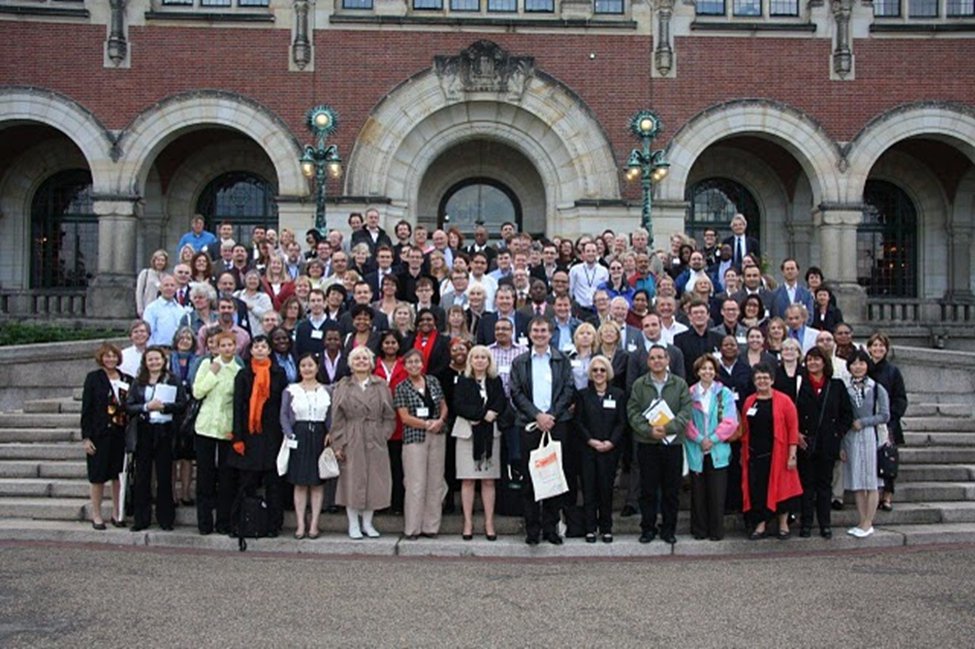The Suffolk County Legislature (Long Island, New York) passed a bill this week establishing the country’s first animal abuse registry. The new law requires individuals convicted of animal abuse to submit their contact information and a photograph to the registry database and pay a $50 annual maintenance fee so that taxpayers are not footing the bill. See this article from the North Shore Sun and this press release from the Suffolk County Legislature. I have not located the full text of the new law; it looks like it is not available yet. UPDATE: the text of the law is now available here. Please post the link in the comments section if you have it. Another bill is pending in Suffolk County that would forbid pet stores from selling animals to individuals listed in the animal abuse registry..
The new law seems like a good idea, especially if it includes offenders who have been found guilty of neglect. Some people simply should not have pets. Nevertheless, supporters are overstating the law’s ability to prevent abuse. The first problem is the irony that pet stores, which may be prohibited in the future from selling animals to abusers, purchase many of their animals from abusers–puppy mills. The ASPCA estimates that 99 percent of pet store animals come from puppy mills. This figure is impossible to verify but nevertheless indicative of the prevalence of the puppy mills. Abuse needs to be confronted at the supply pipeline also.
Another potential problem is that many animal abusers do not shell out big bucks to purchase their victims at pet stores, from reputable breeders, or adopt from rescue organizations, all of which are either likely or potentially required to use the registry to screen their customers. Abuse is often a crime of opportunity, with abusers targeting the pets of family, friends, or neighbors. Secondly, supporters argue that the law protects not just pets, but people too, since many killers including Jeffrey Dahmer and David Berkowitz (the Son of Sam) tortured animals before murdering people. This claim is overblown; I do not see how the registry will prevent people from developing into serial killers, especially since they all obtained access to animals through family, friends, or neighbors.
What do you think? Will the new law be as effective as supporters claim?







